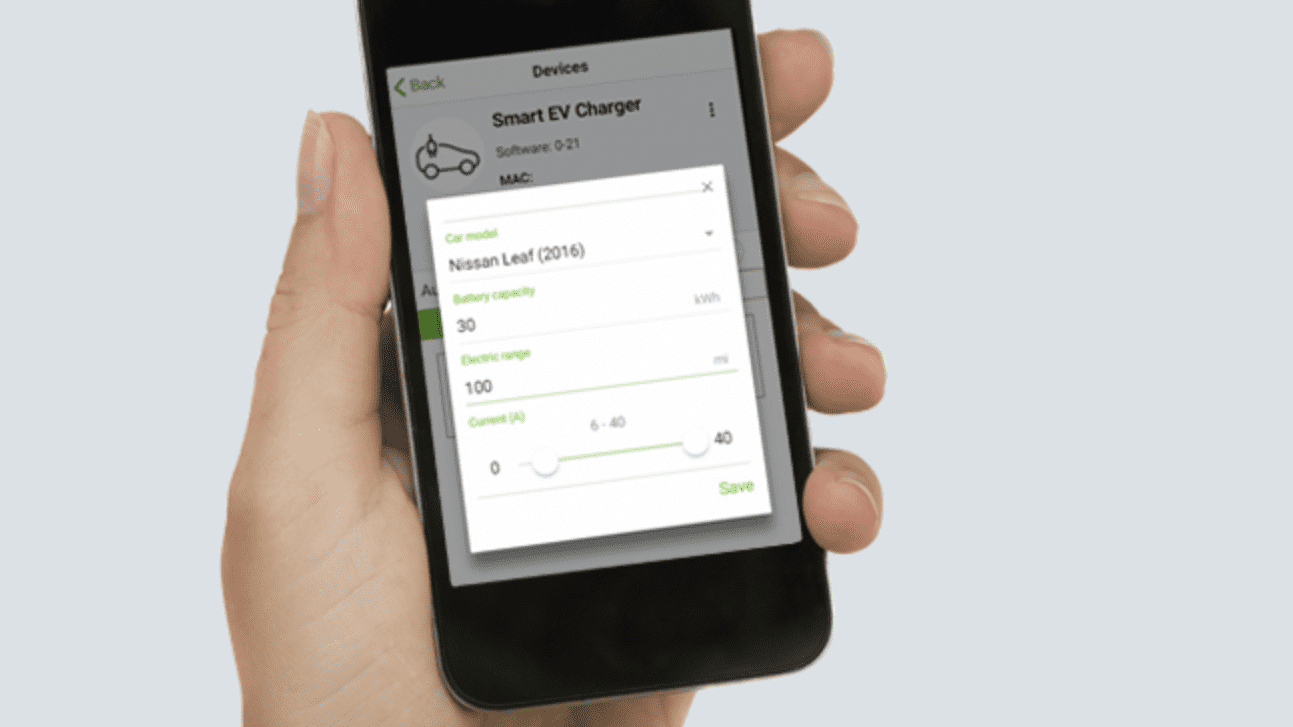Irvine, CA-based startup Smartenit strives to make powering up an electric vehicle (EV) easier with affordable, “smart” charging cables. Depending on the outlet voltage, the company’s cords cost between $350 and $500 and do not require professional installation.
Additionally, the cables are embedded with software that can also detect other home energy-saving devices, such as appliances and thermostats. This capability can help regulate the amount of energy used, adding up to cost savings and a no-instructions-needed approach.
Smartenit’s cords come at a critical time in the U.S.’s transition to clean energy when nearly 80% of adults lack access to at-home charging.
Those that charge EVs do so at expensive and often inconveniently located stations or use a cheap and sometimes faulty home cord.
Using the cord that comes with a new EV can be a very slow way to recharge the automobile’s battery. That factory type also doesn’t allow users to tell it when and how to charge the car and doesn’t include sensors that prevent household circuits from overloading.
“The fact that something simple didn’t exist is crazy,” said Al Choperena, Smartenit CEO. “We can make our own charger, and we can make it connected, and we can make it cheaper.”
That “ah ha” moment has led to a flurry of early adoptions. Smartenit cords are finding their way into several national programs, including National Grid in Massachusetts, Silicon Valley Clean Energy, MCE (formerly Marin Clean Energy) in California, and United Illuminating in Connecticut. There’s also a push for rideshare services to transition to an EV fleet, and the smart cable would make that adoption much smoother.
Smartenit is tuned into the needs of people in lower-income communities and multi-unit, dense urban areas — where federal and state-level funding is gearing up to boost EV adoption. An effective, inexpensive way to power a car or truck at home without installing a charger is critical to encouraging the adoption of the new technology.
The cord is so user-friendly that you simply run it from the vehicle to any outlet, including opening a window and plugging it into a wall in your home. They do not require landlord permission.
Each smart charging cable communicates using Wi-Fi or Bluetooth wireless and can even set limits on how much power it is drawing compared to other electric chargers in the household. This function saves users time and money for the best charging results.
Smartenit is banking on these less expensive cables to help people across the country ease into EV ownership without the hiccups of uneven charging or finding a station nearby.





